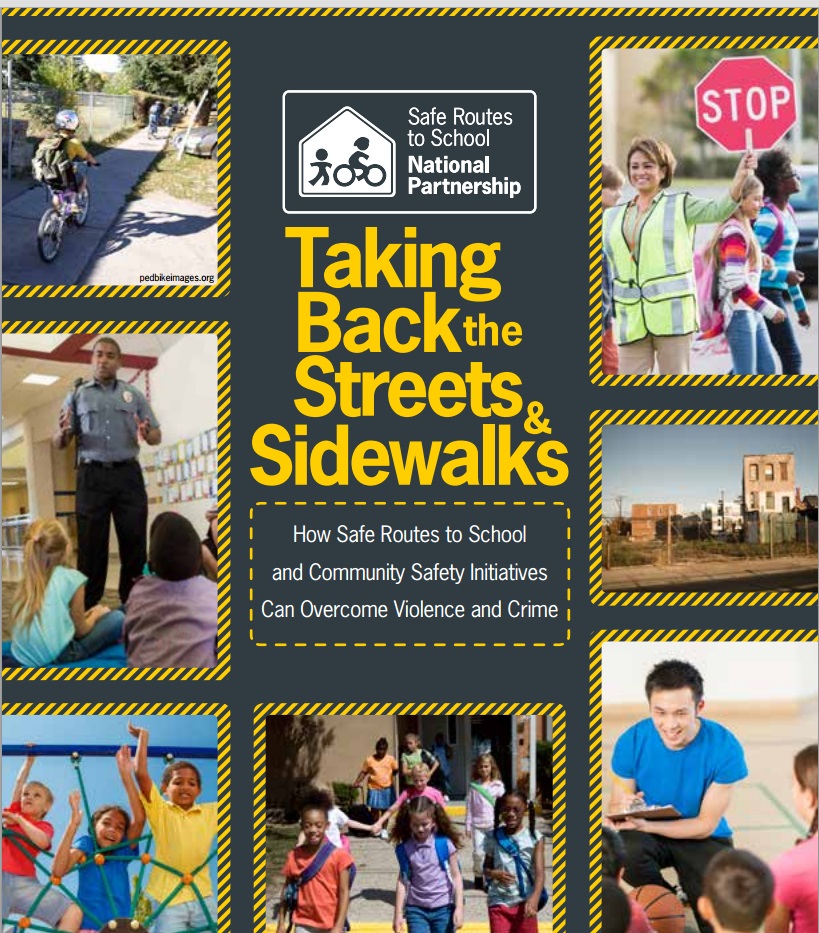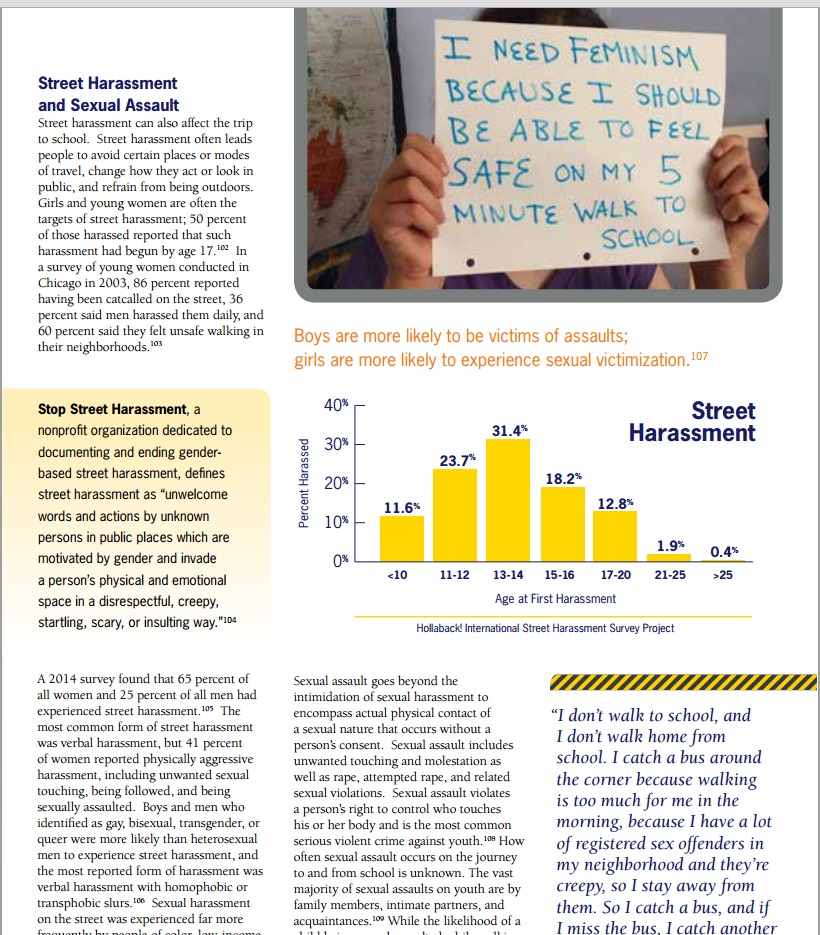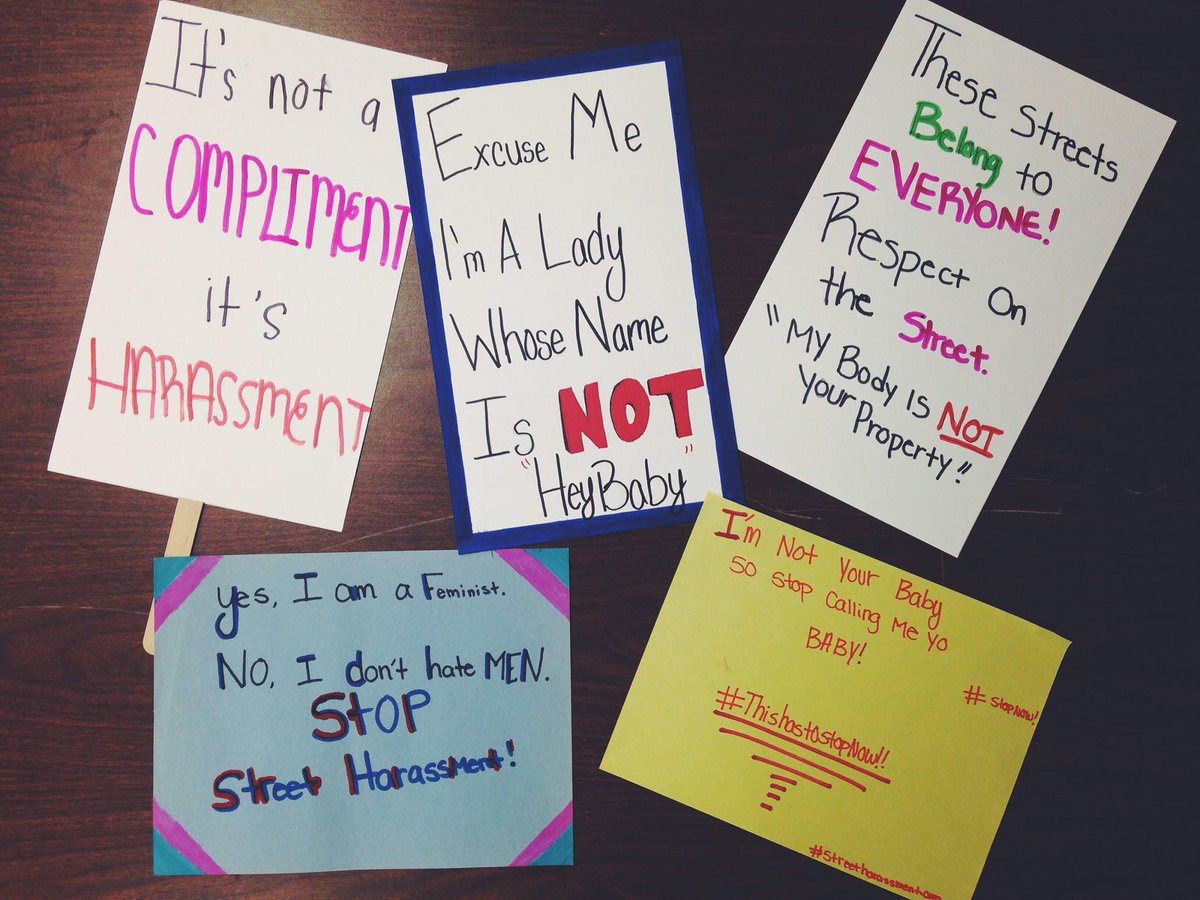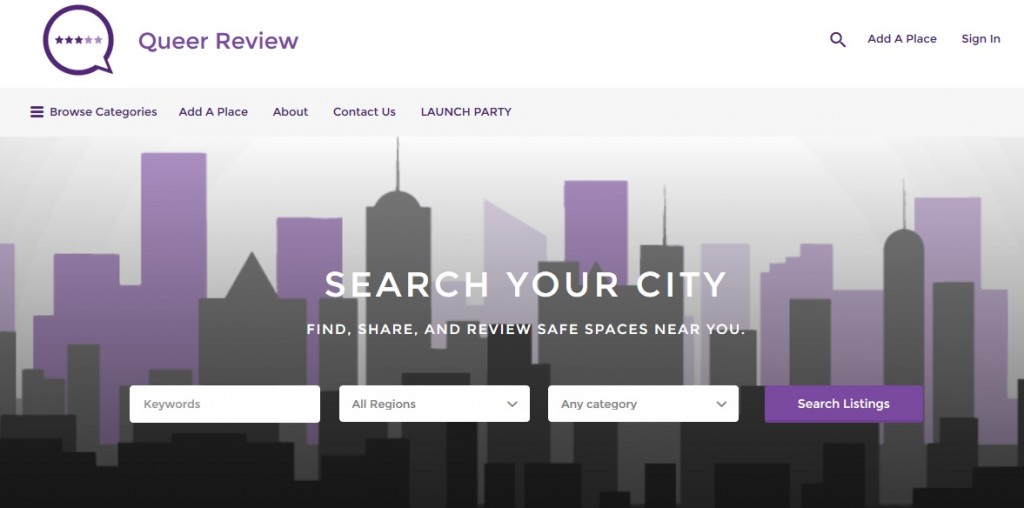Laura Voth, USA, SSH Blog Correspondent
One of the most powerful actions a woman can take is to say no. Of course, because it is an act of power from a woman, saying no is also tantamount to playing Russian roulette.
As women, we can never be certain of the potential consequences of saying no to men. Saying no can earn us a downcast but respectful concession, or it could mean a bullet in your body. No could result in a demand for a reason, or it could end in a figure following you down the street, showing up at the gym, or repeated texts. No could mean rape threats on your voicemail or nasty language at the water cooler—or it could simply mean an awkward few days around the pal who asked you to dinner.
To avoid the consequences of the word no, we put up armor to protect ourselves. We listen to those who advise us to never walk alone at night and to never drink too much, even though we know that anything will be “too much” if we’re accosted later. We flash our fashionable rings if a man gets too close. We casually mention “my husband” or “my boyfriend” regardless of our relationship status, because we know that they will respect the property of another man more than a woman’s verbal no. We download apps that alert police if they aren’t disabled within a certain amount of time; before the advent of smartphones, we told our friends to raise the alarm if we didn’t contact them before a predetermined hour.
Of course, it never hurts to be safe—but it is now time to ask ourselves why we place the responsibility for women’s safety on women themselves when it was the action of another person that caused a trauma. Why is it that the men who surround us are not held responsible for honoring an explicit or implicit no?
There are those who believe that the potential consequences of no aren’t severe enough to merit the fear that colors most women’s daily routines and interactions. They claim that women are rarely raped, murdered, or harmed at all as a result of rejecting a man. These individuals argue that such cases are sensationalized in headlines and news blurbs; that such actions are rare and are the result of individual prejudice or mental illness (despite the fact that individuals who are seriously mentally ill are far more likely to be the victims of violent crimes than the perpetrators).
However, any woman who has ever felt the cold shock of fear that follows a threatening remark or a particularly insidious glare—let alone the realization that she is being followed or stalked or in any kind of immediate danger—is well aware of the knowledge that she could be next. We wonder, Am I the next headline, the next missing person, the next broken body? Is this it for me; will I be gone in a matter of hours because a man was offended by my rejection?
A public no—or “leave me alone,” or “stop it,” or any explicit or implicit variation of the word—in response to street harassment is particularly powerful, especially when it is vocal and emphatic. Saying “stop” to a man who doesn’t take the word seriously is incredibly brave…and also incredibly dangerous.
We prepare ourselves to do battle every time we leave the house in the morning, secure in the knowledge that we may—and for many of us, will—be harassed and bullied in the streets. We are painfully aware that rejecting a man, even a crude individual on the street, has the potential to end in a hostile way and yet we still find it within ourselves to go about our daily lives. What else can we do?
Laura is an emerging adult-slash-college student studying to enter a healthcare profession. In addition to studying and writing, Laura works at her university’s women’s center where she helps design and implement programs on all things lady.





